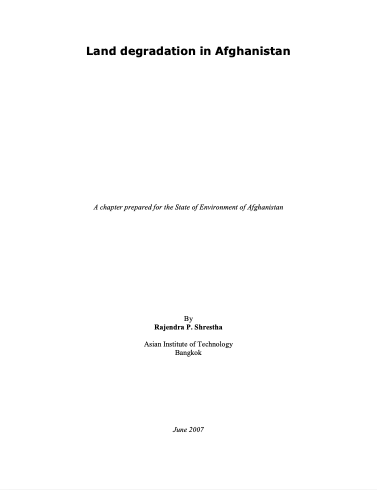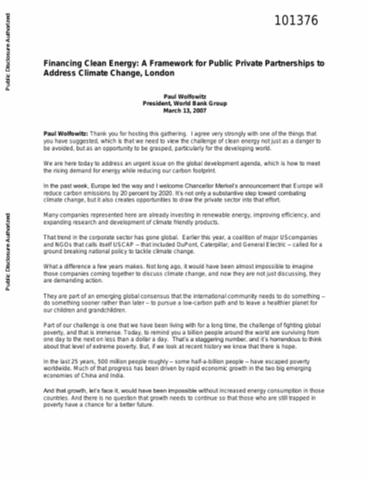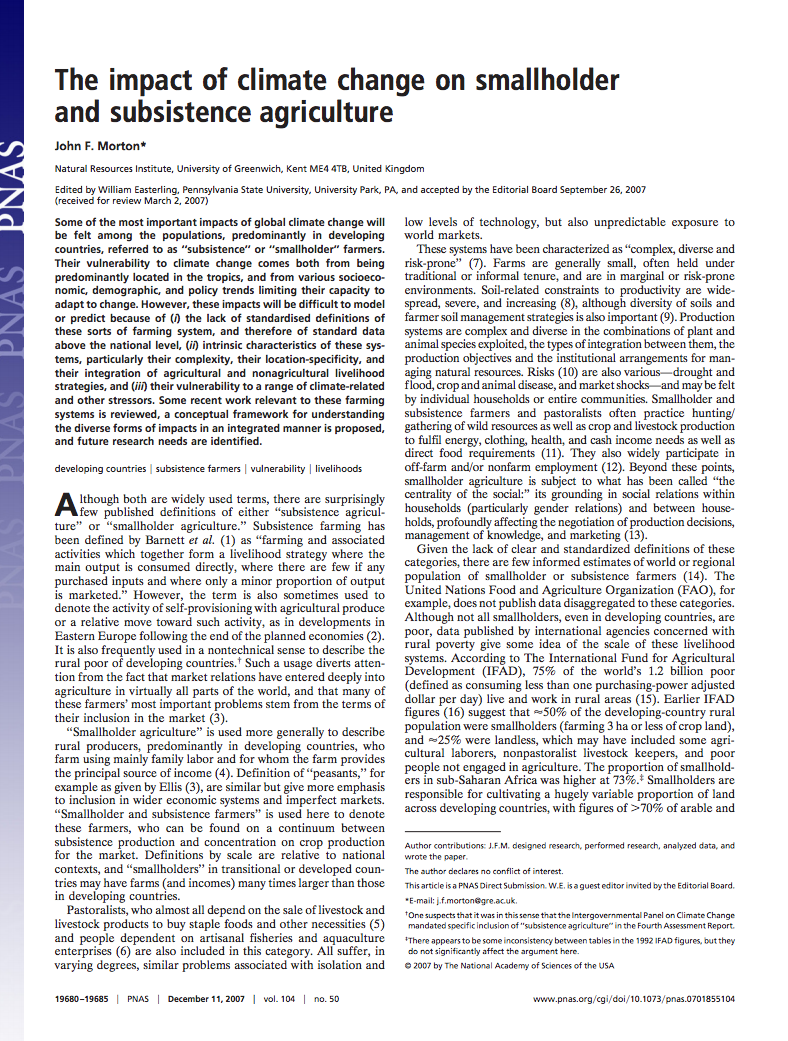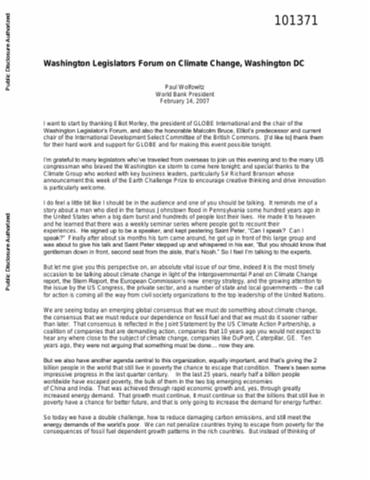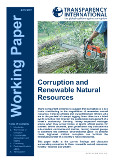Treeline advance - driving processes and adverse factors
The general trend of climatically-driven treeline advance is modified by regional, local and temporal variations. Treelines will not advance in a closed front parallel to the shift of any isotherm to higher elevations and more northern latitudes. The effects of varying topography on site conditions and the after-effects of historical disturbances by natural and anthropogenic factors may override the effects of slightly higher average temperatures. Moreover, the varying treeline-forming species respond in different ways to a changing climate.


